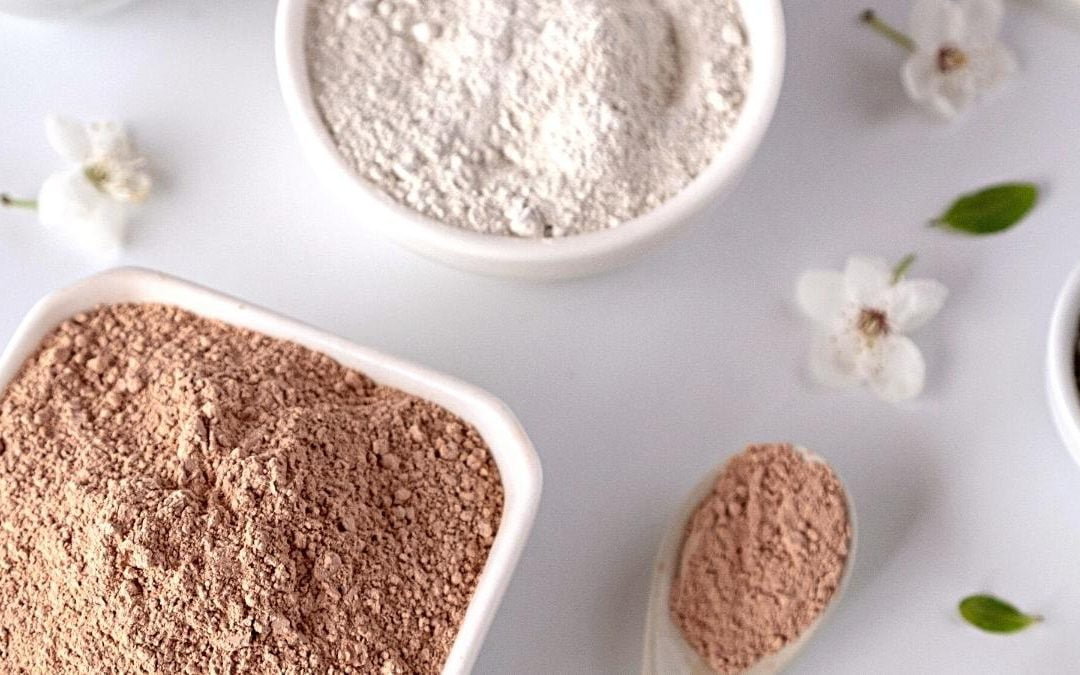Kaolin, the most common clay material utilized for various purposes, makes people wonder if it has a particular optimum usage time or is a long-lasting ingredient. Furthermore, people also wonder how to store kaolin clay properly to maintain its quality and condition. If you are also wondering, let us dive deeper into it!
So, Does Kaolin Clay Expire?
In general, kaolin clay will not expire. Kaolin clay is a naturally occurring chemical that will remain unchanged for far longer than any person could reasonably expect to use it. So, we can keep and use kaolin clay as long as we store it properly.
The problem is kaolin clay, especially the lump/cake one, needs the right amount of moisture to keep its performance. Kaolin lump/cake has a moisture content of 30%-33%, so if the moisture content changes, it will affect the water content and chemical formula in the production of the end product. Therefore, it is important to use the kaolin clay soon after you buy it to avoid the formula changing.
Related: Kaolin: Its Moisture Content and Three Commercial Grade Products
Kaolin clay can also grow molds due to its identou store it. If you poorly store it in an improper environment, the chance of molds growing on kaolin clay will increase. It is interesting that the mold, especially the green one, is helping to be more hydrated and adds plasticity to the kaolin clay.
Moreover, skincare, for example, increases the possibility of expiring when kaolin clay is utilized in items. Kaolin clay is massively used in skincare products to absorb excess oil on the skin while also clearing the pores. However, actually, the expiration date printed on the skincare product packaging is necessarily due to the other ingredients that can decay or degrade their quality and performance, as well as the chance of exposure to bacteria. Therefore, even though kaolin clay initially has an infinite shelf life, it is always important to check the instructions and the expiration date of the products that contain kaolin clay.
The answer to the question of does kaolin clay expire is also determined by how it is stored because a good storing will keep its quality longer, and in the end, kaolin clay can be used for an extended period.
How to Store Kaolin Clay Properly?
Of course, storing everything is mandatory because it is essential to keep the things durable and original shape and function, especially strong raw materials like kaolin clay. Here are several tips for storing kaolin clay properly.
1. Keep It Tightly in a Sealed Place
The purpose of doing this is to keep the kaolin clay’s moisture content stable because if it is poorly stored, kaolin clay will be dried out, making it hard to be utilized. The other purpose is to prevent the mold from growing.
You can store them on a thick plastic or container that is sealed perfectly. Remember that a thick bag is useless unless it is adequately sealed. Check every side of the bag to ensure there is no hole or ripped-out part.
2. Keep the Hydration
Hydration is the key to maintaining the quality of kaolin clay. When it is placed, spraying water from a spray bottle can help with overall moisture maintenance. Spray it occasionally to keep it hydrated.
Wet a towel, place it over the clay, and seal it inside the plastic bag to revive it if it appears to be turning too hard. Remember to remove the towel after a few days, and you will see that your clay has absorbed much of the hydration.
Meanwhile, powdered or dry kaolin clay does not have to be hydrated because it is purposely dried. Still, we must keep it tight in a sealed place to not spread the powder everywhere.
3. Avoid Heat
Find a place where you can store your kaolin clay to prevent it from exposure to heat and light because it will make the kaolin clay cure. The ideal condition for storing kaolin clay is a cool and dry place to protect the quality of the kaolin clay.
The question of does kaolin clay expire is thoroughly answered above. Always store them correctly according to the tips explained so that the performance and quality of kaolin clay are maintained and will not be wasted.


Recent Comments